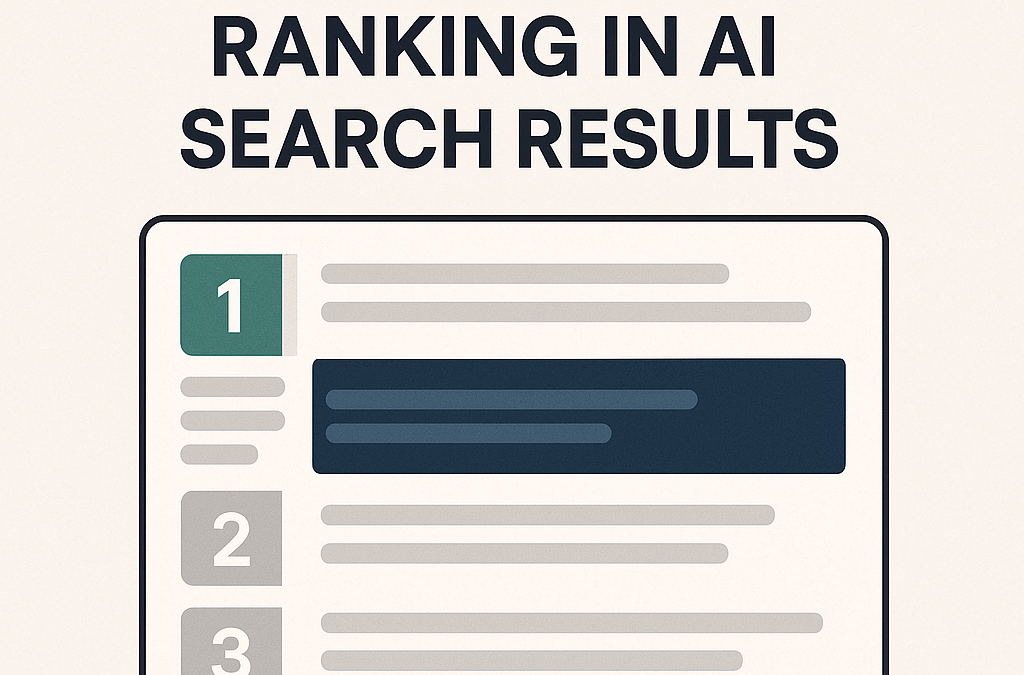Domain Authority (DA) is a metric created by Moz to predict how well a website will rank on search engine result pages (SERPs). It’s a numerical score that ranges from 1 to 100, with higher scores indicating a greater likelihood of ranking higher in search results. However, there has been a lot of debate lately about the validity of DA and whether it’s still relevant in today’s SEO landscape. Some people believe that DA is dead, while others argue that it still has value. In this article, we’ll explore both sides of the debate.
Why some people think Domain Authority is dead
One of the main arguments against Domain Authority is that it’s an outdated metric. Moz first introduced DA in 2004, and it’s been a popular metric among SEOs ever since. However, in the almost two decades since it was created, the SEO landscape has changed dramatically. Google’s algorithm has become much more complex, and there are now many more factors that determine how well a website will rank in search results. Some people argue that DA simply can’t keep up with these changes and is therefore no longer an accurate predictor of search engine rankings.
Another issue with DA is that it’s a metric that’s calculated based on a variety of factors, including the number and quality of backlinks, social signals, and more. However, Moz’s algorithm is proprietary, which means that we don’t know exactly how it works. Some people believe that this lack of transparency makes it difficult to trust DA as a reliable metric.
Additionally, some people believe that DA is a vanity metric that doesn’t actually provide any actionable insights. It’s easy to get caught up in trying to increase your DA score, but if it doesn’t lead to improved search rankings or traffic, then it’s not really serving its purpose.
Why others still believe in it
Despite these criticisms, many people still believe that Domain Authority has value. One of the main arguments in favor of DA is that it’s a useful tool for comparing the relative strength of different websites. While DA may not be a perfect predictor of search engine rankings, it can still give you a good idea of which websites are likely to be more authoritative in your niche. This information can be invaluable when it comes to developing a link-building strategy or assessing the competition.
Another argument in favor of DA is that it’s a metric that’s widely used and understood in the SEO community. Even if it’s not a perfect predictor of search rankings, it can still be a useful shorthand for communicating the relative strength of different websites. This is especially true when working with clients or stakeholders who may not be familiar with the more technical aspects of SEO.
Finally, some people believe that DA is still a useful metric because it’s continually updated and refined by Moz. While the algorithm may not be perfect, Moz is constantly working to improve it and make it more accurate. This means that even if DA isn’t a perfect predictor of search rankings today, it may be in the future.
The Answer is Maybe
So, is Domain Authority dead? The answer is… it depends. While there are certainly valid criticisms of DA as a metric, it’s still widely used and understood in the SEO community. Whether or not it’s a useful tool for your particular needs depends on your goals and the specifics of your SEO strategy.
If you’re solely focused on increasing your DA score, then you may be missing the forest for the trees. Ultimately, the goal of SEO is to increase traffic and drive conversions, and DA is just one piece of the puzzle. However, if you’re looking for a way to compare the relative strength of different websites or assess your competition, then DA can still be a valuable tool.
Takeaways
Domain Authority may not be dead, but it’s certainly not the be-all and end-all of SEO. It’s just one tool in the toolbox, and its usefulness depends on how it’s used. While there are valid criticisms of DA as a metric, it can still be a useful shorthand for comparing the relative strength of different websites. However, it’s important to remember that no metric is perfect, and ultimately, the goal of SEO is to drive traffic and conversions, not just increase your DA score.
By taking a holistic approach to SEO and focusing on creating high-quality content, building a strong backlink profile, and optimizing for on-page factors, you can improve your search rankings and drive more traffic to your website.









